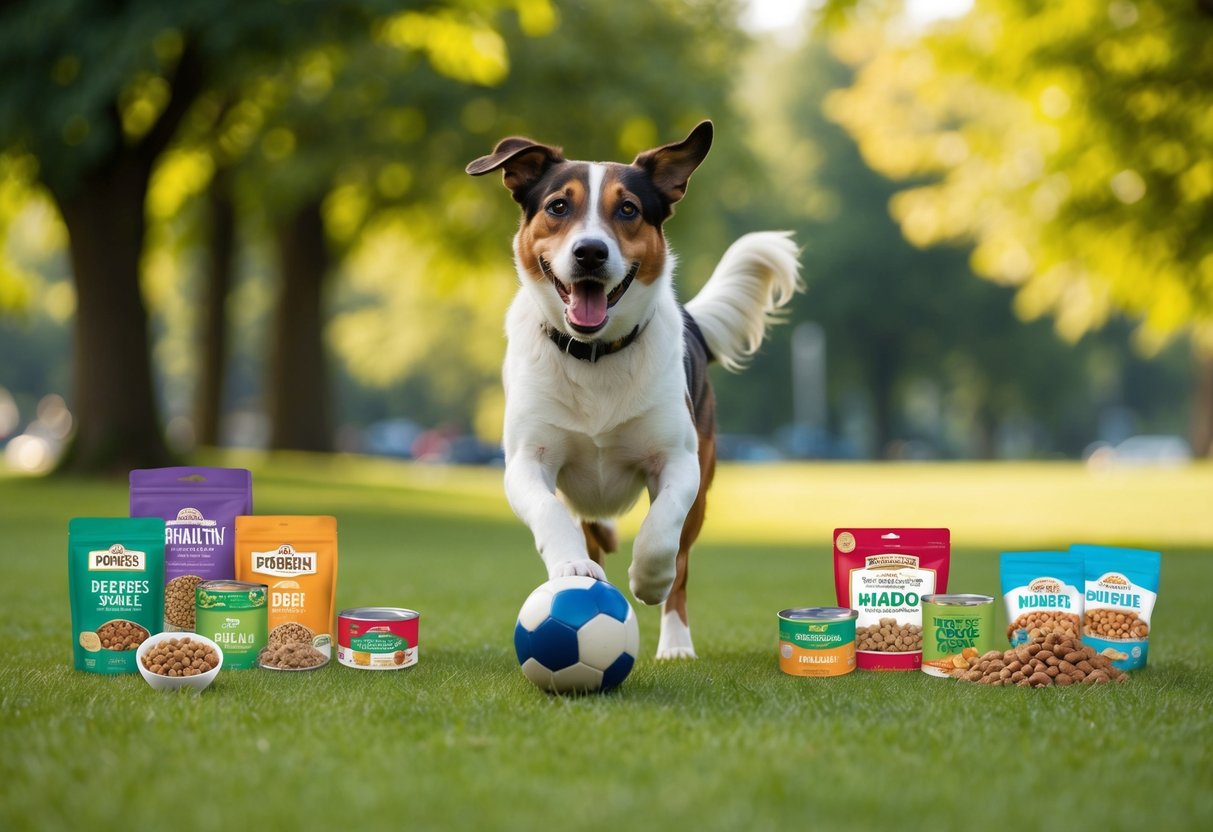
Nutritional Considerations for Optimal Health

Ensuring pets receive the right nutrients is crucial for their overall well-being. A combination of a balanced diet, understanding proper nutrition, and effective feeding practices contribute to optimal pet health.
Components of a Balanced Diet
A balanced diet for pets should include proteins, fats, carbohydrates, vitamins, minerals, and water. Proteins are essential for tissue repair and muscle maintenance and can be sourced from meats and fish. Fats, found in oils and meats, provide energy and aid in absorbing fat-soluble vitamins. Carbohydrates, derived from grains and vegetables, are vital for energy but should be given in moderation to avoid weight gain.
Vitamins and minerals play a crucial role in metabolism and disease prevention. For instance, calcium supports bone health, while vitamin A is essential for eyesight. Dry pet foods might lack specific nutrients, so introducing a range of fresh foods can help bridge nutritional gaps. Each pet’s dietary needs may vary based on age, breed, and activity level, so tailored meal plans are beneficial.
Understanding Proper Nutrition
Proper nutrition involves not just the components of the diet but also the quality. High-quality ingredients are easier for pets to digest and can enhance their overall energy and health. Pet foods should list specific protein sources rather than generic terms like “meat meal.” This transparency ensures the pet gets genuine nourishment and avoids allergens.
While labels help in deciding, consulting a vet can provide insights tailored to a pet’s specific needs. Testing reveals if dietary adjustments are necessary for deficiencies or excesses. Nutritional balance is essential to ward off conditions like obesity or digestive issues. Engaging in regular monitoring ensures pets get the nutrients they require.
Feeding Practices to Maintain a Healthy Weight
Maintaining a healthy weight hinges on balanced portion sizes and meal frequency. Overfeeding is a common issue, often due to free-feeding practices. Scheduled meals prevent overeating and help manage weight effectively. The type of food, including wet or dry, impacts caloric intake and should be chosen based on the pet’s specific needs.
Treats should be used sparingly and selected mindfully, considering their caloric content. Physical activity complements proper feeding habits; exercise routines help expend energy and prevent weight-related health issues. Monitoring the pet’s weight regularly and adjusting the diet accordingly supports sustained health and vigor throughout their life.
Mental Stimulation and Enrichment
Providing pets with mental stimulation is critical for their overall well-being. Engaging a pet’s mind can prevent anxiety and destructive behaviors. Interactive toys and games, as well as boredom-reducing strategies, are effective methods to enrich a pet’s environment.
Importance of Mental Stimulation
Mental stimulation is as vital as physical activity for pets. It helps reduce anxiety and prevent the development of destructive habits. Stimulating a pet’s mind encourages learning and problem-solving, keeping their brains active and healthy.
Providing mental challenges can also help build confidence. Pets that regularly engage in mentally stimulating activities often show increased adaptability to new situations. This aspect of pet care contributes significantly to a balanced lifestyle and enhances a pet’s day-to-day experiences.



